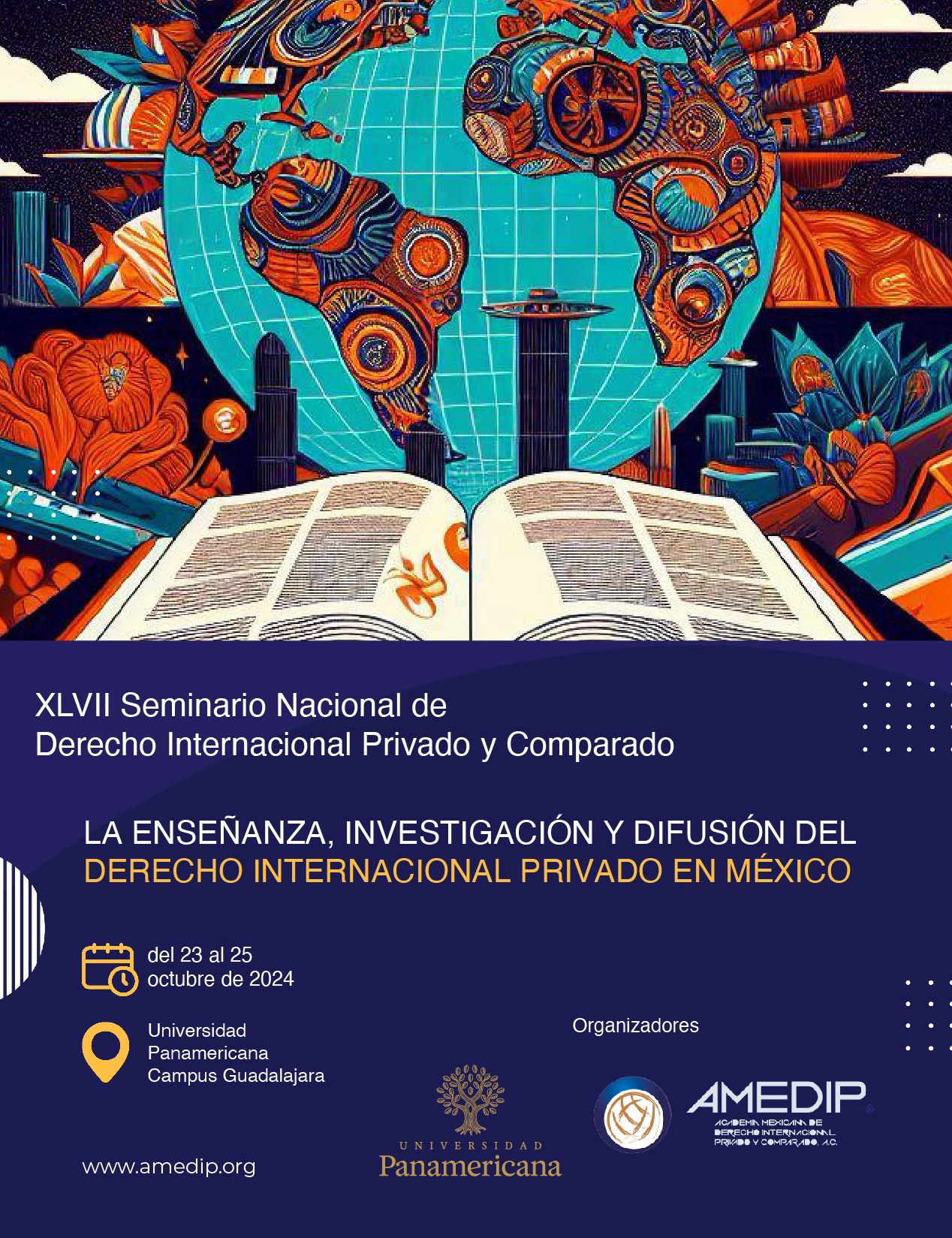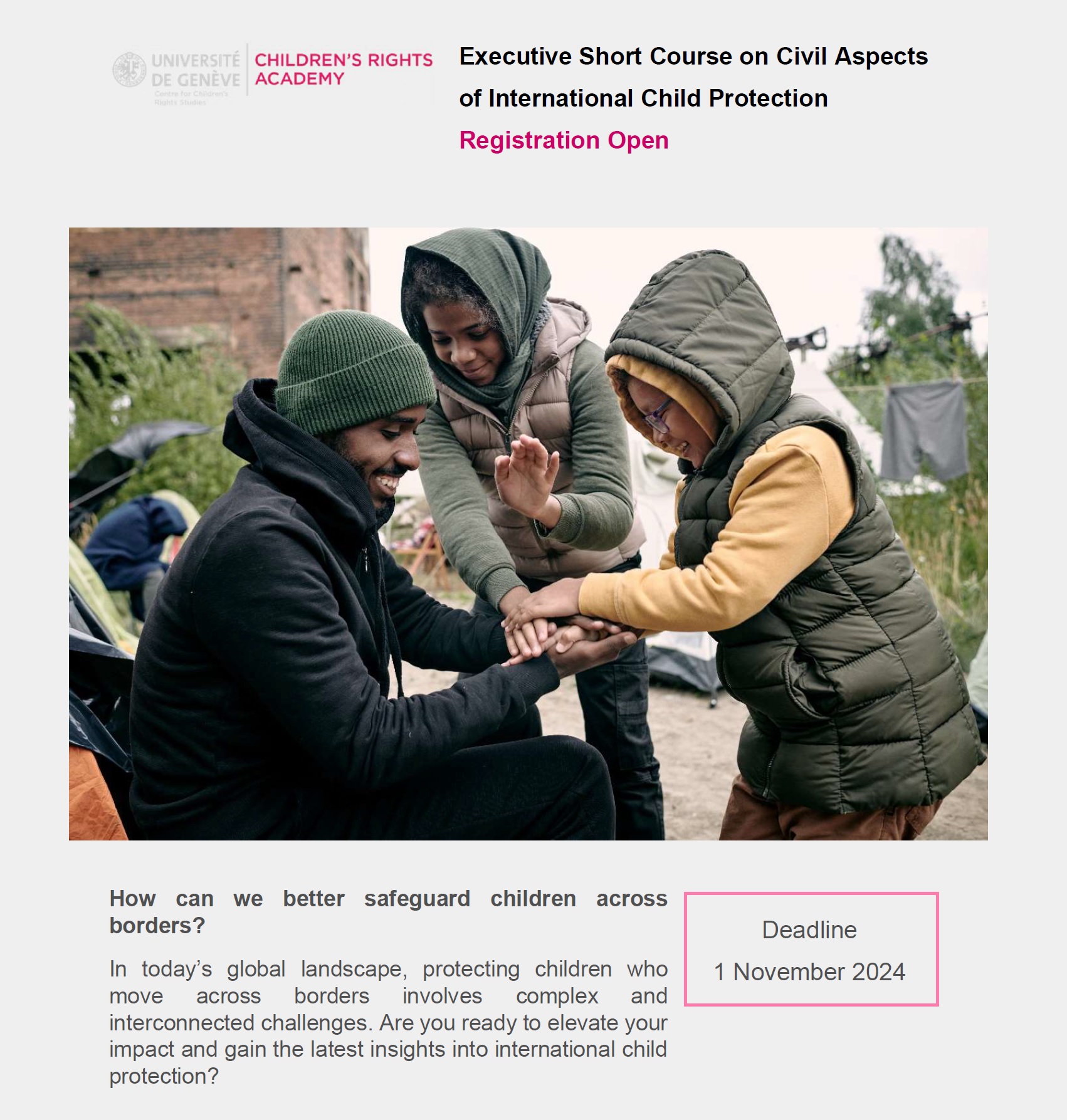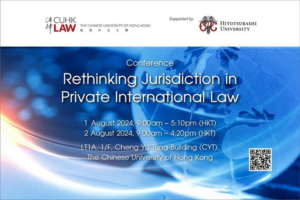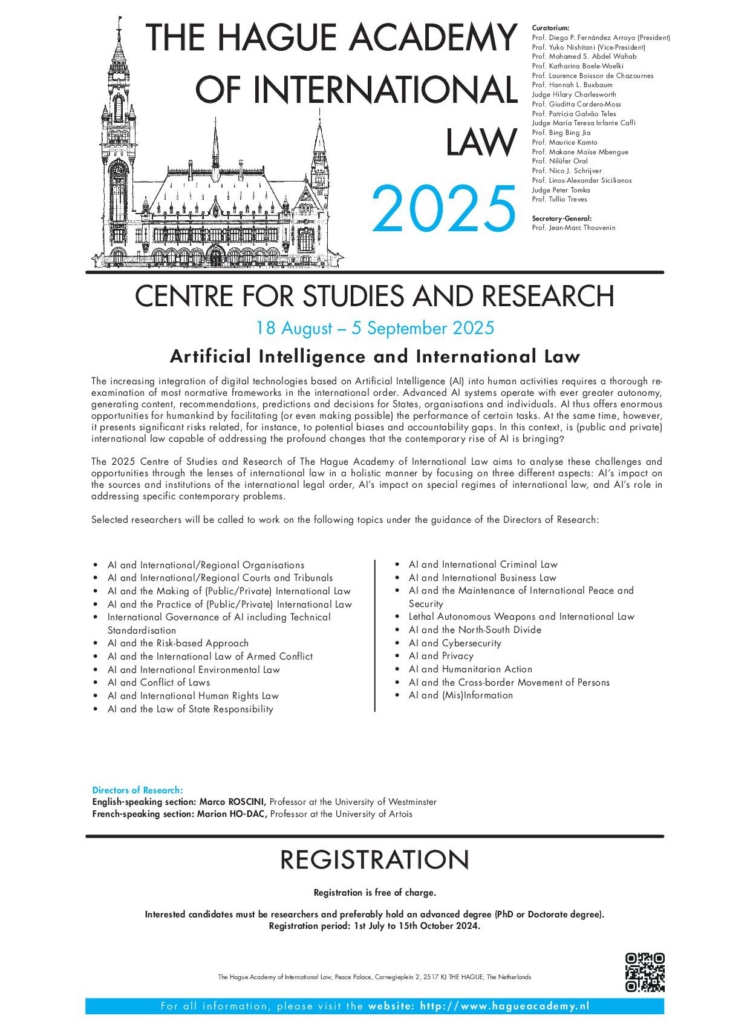Out Now: P. Perlingieri, G. Perlingieri, G. Zarra (eds), Istituzioni di diritto privato internazionale e europeo
Pietro Perlingieri, Giovanni Perlingieri, and Giovanni Zarra have edited a new book on Istituzioni di diritto privato internazionale e europeo.
The blurb reads as follows:
The book follows from the need for an interdisciplinary perspective to the regulation of civil relations, which also takes into account the direct and horizontal effects that international and European Union law may have on such relationships. The need for certainty in international trade requires, while respecting national identities, a uniform framework beyond the domestic level. Uniformity, however, cannot always be achieved by means of the same substantive rules for cross-border relationships; for this reason, the book devotes particular attention to rules of private international law of supranational origin. The work overcomes the ‘barriers’ between legal disciplines through a study of the different ways in which civil relationships are regulated by international and European Union law, including private international law.
Further information can be found on the publisher’s website.





